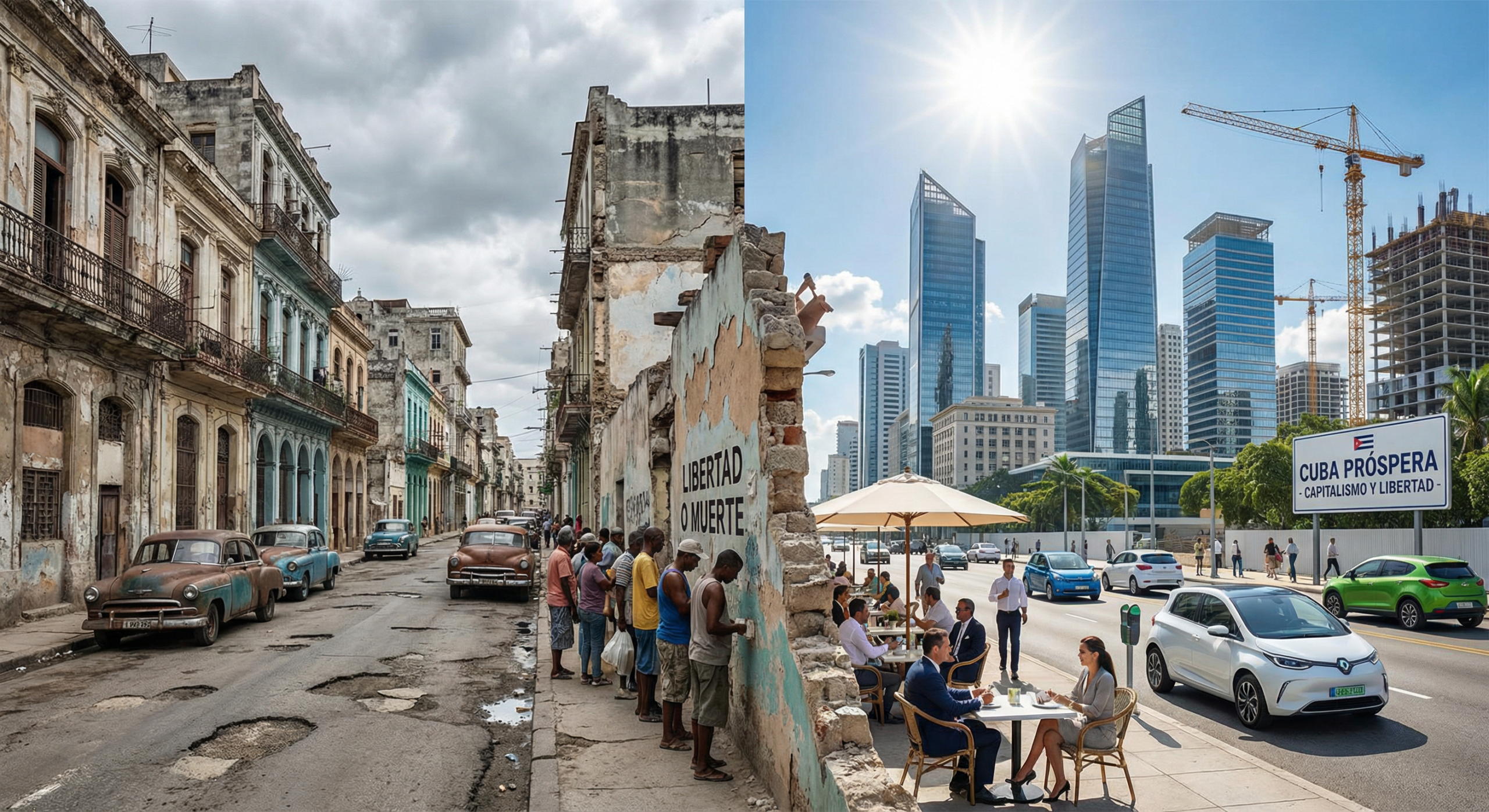The outbreak of coronavirus, otherwise known as COVID-19, has spread across the globe in recent weeks and months, and the scale of the threat posed by this virus has become increasingly clear.
The current crisis is unlike anything the world has seen in generations, posing a serious health risk to the global population. Contracting the virus presents a health risk for anyone, but for those most vulnerable, such as the elderly and individuals with underlying health conditions, the consequences can be fatal.
As such, it is extremely important that everyone understands the threat posed by COVID-19 and takes whatever measures possible to protect both themselves and those around them. Those who believe they are most at risk of developing severe symptoms should exercise particular caution.
Thus far, governments around the world have implemented drastic measures to promote social distancing, in many cases amounting to complete lockdowns, in an attempt to combat the spread of the virus.
By the time of writing, these measures seem to have shown some level of success in slowing the rising infection rates, although it is clear at this point that the actions of individuals will play a crucial role in determining the outcome of the pandemic.
Individual responsibility with regards to not putting others at risk and staying isolated if vulnerable, provides the best opportunity to mitigate the devastation from the virus by reducing the number of people infected while limiting damage to the economy.
One of the few positives to emerge from this unprecedented crisis has been the number of individuals volunteering to help assist the more vulnerable in their local communities in whatever ways they can. For instance, this can involve delivering essential food and medical supplies directly to people’s doorsteps. Also, many retired medical professionals have returned to work in an effort to maximize the capacity to deal with the pandemic.
One of the key measures with a significant observable impact on flattening the curve of infection rates is the high rate of testing carried out in countries like South Korea, which responded early to the threat, having the means to test large numbers of people and effectively isolate those infected without resorting to lockdown policies.
If governments are serious in their commitment to tackling this crisis, there are many situations where the most helpful solution is to actually take a step back. For instance, to maximize the potential for rapid solutions, loosening restrictions surrounding the development of new vaccines would be a significant positive move towards hopefully bringing an end to this crisis sooner rather than later. It is also important that individuals are given an option to pay for testing, as this will drive the supply of testing equipment. Currently, in many countries, access to testing is unfortunately very limited.
The shortcomings in terms of carrying out extensive testing in the U.S. can be in large part attributed to regulations barring the private sector from taking an active role in the development of testing equipment.
An important element of any effective response to such a global threat is international cooperation. In the face of such an unprecedented crisis, it would be foolish for anyone to believe that what is affecting other countries is of no concern to them.
For instance, difficult decisions had to be made concerning long-anticipated global events, such as the 2020 Tokyo Olympic Games, which will now be postponed until the summer of 2021. This decision was inevitable as, even if the pandemic was to be reasonably under control in Japan, there would still exist the threat posed by having athletes, spectators, and journalists from around the world converging in one place for an event of this scale.
In terms of voluntary action, the private sector has already taken measures to mitigate the impact of the pandemic. Where at all possible, many companies have arranged for employees to work from home, and in sectors such as hospitality or retail, businesses have looked to alternatives such as online shopping and delivery services. Where permitted by governments, certain manufacturing businesses have switched to producing protective clothing for the healthcare industry.
However, whether due to government regulation or social pressure, a large number of businesses across the globe have had to shut down. Despite this hopefully being only a temporary measure for most businesses, it is increasingly apparent that many will be unable to ever resume their operations.
Already, the economic consequences of this crisis are expected to be unlike anything else the world has ever experienced, with the social and economic fallout predicted to far surpass that of the financial crisis of the late 2000s.
The inevitable job losses resulting from any sustained lockdown would certainly make the years ahead extremely difficult for a large number of individuals, families, and entire communities, potentially bringing in a new era of increased poverty and hardship. In turn, this may lead to even more deaths than the number of fatalities caused directly by the virus. It is important to consider the long-term consequences when governments decide to implement full-scale national lockdowns, as the longer these last, the longer it will take for economies to recover.
Many governments have initiated schemes for an indefinite time period whereby employees get paid a percentage of their salary, as well as compensating the self-employed, while also channeling huge amounts of money into their health systems which are under strain. However, this level of spending is not sustainable, particularly at a time when entire economies have been forced to almost completely shut down.
Another factor that is absolutely crucial to the outcome of this situation is government transparency. Any regime that, out of concern for its public image or for any other reason, attempts to suppress information or spread misinformation about the pandemic, is directly contributing to the potential for catastrophic consequences.
There has been a significant amount of criticism directed at the response by the Chinese government, which involved censoring commentary on the outbreak. It is widely accepted that the scale of the pandemic would have been greatly reduced had the local authorities been more open about what was unfolding, allowing people to be better informed and equipped to help stop the spread.
Lockdown can cause human tragedy in many ways which are not immediately apparent. Consequences such as unhealthy indoor lifestyles, job losses, and increased financial dependence on governments will have a lasting impact long after the conclusion of the pandemic. It is a particular cause for concern that statistics show record numbers of Americans filing for unemployment insurance in recent weeks, with these figures expected to rise further still.
Another concern associated with lengthy periods of lockdown is the potential for the condition of those with existing health problems to worsen due to lack of medical attention, as well as new health conditions not being diagnosed. A long and deep economic depression would certainly lead to many otherwise avoidable poverty related deaths. Also, for many, a lengthy period of confinement can exacerbate mental health conditions.
For these reasons, it is important that those countries currently in lockdown can find a means to balance between immediate public health considerations and mitigating long-term economic damage, as both are threats to be taken very seriously. In order to avoid worsening future economic prospects, it is vital that governments seek out exit strategies to lockdowns, allowing for economic activity to resume at the earliest possibility.
From a pro-liberty point of view, it is imperative that the COVID-19 crisis is not used by governments to gain more power. This means that any restrictions on civil liberties in the name of public health must be thoroughly scrutinized and, when no longer absolutely necessary to save lives, swiftly removed, allowing a complete return to pre-lockdown conditions.









